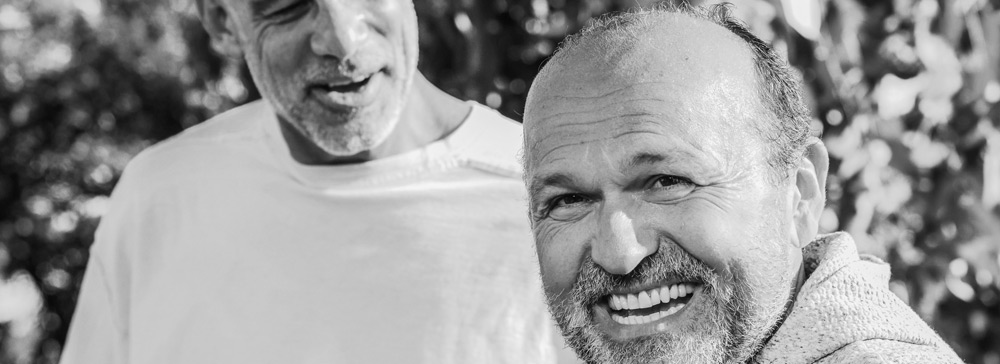Same-sex couples currently have nationwide recognition for their marriages—and with it, access to many of the same rights and protections long afforded to heterosexual spouses. Not all same-sex couples decide to get married. If you’re in a same-sex relationship, and especially if you’re part of a blended or nontraditional family, estate planning remains every bit as critical today as it was before marriage equality became the law of the land and may be even more so as we are living in uncertain times.
Here in Palm Springs, I work with many LGBTQ+ couples who have spent years building lives, families, and homes together—but who haven’t yet formalized their wishes in a way that would actually be honored in a legal setting. And unfortunately, I’ve seen firsthand how the absence of a well-crafted plan can leave loved ones vulnerable, especially in the face of strained family relationships or unexpected medical emergencies.
Marriage gives you certain protections—but not a complete plan.
Even if you’re legally married, state default laws don’t always reflect your values or your specific intentions. For example, if one spouse dies without a will or trust, California intestacy law may still send a portion of that estate to biological relatives—regardless of estrangement, hostility, or lack of involvement. If you’re in a second marriage, or if children are involved from previous relationships, those outcomes can be even more complicated.
Blended families deserve clear instructions.
It’s not uncommon for one partner to have children from a previous marriage or relationship. While many of these families are deeply bonded, the law does not automatically recognize stepchildren as legal heirs. If you want to ensure that your spouse is cared for and your children ultimately receive an inheritance, you need a trust that balances both priorities. This often involves setting up life estates, staggered distributions, or creating subtrusts for children.
Unmarried partners remain especially vulnerable.
Despite social progress, unmarried LGBTQ+ couples still face challenges—particularly when one partner becomes incapacitated or passes away. Without powers of attorney and health care directives, your partner may not be able to make medical decisions or access your accounts in an emergency. Worse, hostile family members may be legally empowered to step in, regardless of your actual relationship.
Planning is about more than property—it’s about dignity.
Your estate plan is a statement of trust, of love, and of who you consider your family. It should reflect your real-life relationships, not just the ones a court recognizes by default. And for LGBTQ+ individuals and couples, that often means creating documents that protect against scenarios you’ve already had to fight to overcome—being treated as “less than,” being questioned, being erased.
In my practice, I approach these issues with deep respect for the unique challenges LGBTQ+ individuals have faced—and a commitment to building plans that not only preserve your assets but protect your legacy and protect your loved ones.

